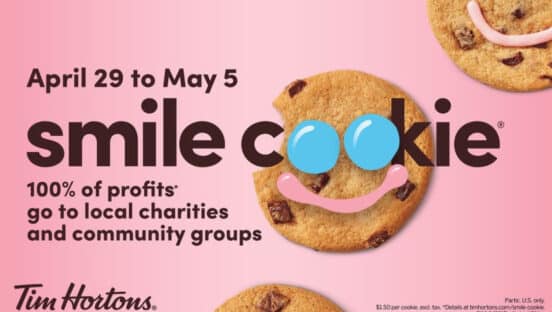By Blair Chancey
One of the South’s most successful restaurateurs, Ralph Brennan, does not track his business by quarters. Instead, his finances are divided into only two time periods—before and after Hurricane Katrina.
Brennan owns the Brennan Restaurant Group and three New Orleans restaurants along with a Cajun concept in southern California. Before August 29, 2005, when Katrina hit, Brennan was experiencing a record-breaking year for all of his concepts. He employed more than 300 employees at his three Big Easy full-service restaurants and was earning history-making profits for his company.
To say that all changed with Katrina would be an understatement.
“Like many, I cried when the levees broke because I knew what this meant for our city,” said Brennan, who watched the news coverage while staying at a colleague’s home in an attempt to flee the storm.
What it meant for the city was catastrophic: more than 130,000 homes destroyed, more than 1 million people forced to evacuate, and about 85 percent of the city flooded; not to mention, a swarm of national media attention, a sudden military presence, and extensive looting and violence.
“It’s a strange time when the military is in control of your city here in the United States,” he told a group at the Florida Restaurant & Lodging Show, when describing his attempts to return to his French Quarter restaurants.
But that is not the New Orleans Brennan would allow to stay.
“We wanted to be part of the solution to our city’s recovery … we were going to be a better company as we moved forward,” he said.
As part of the solution, Brennan contacted as many of his 300 employees as possible, despite the lack of cell phone or landline service. And with payday only a few days away, he and his management team tracked down, paid, and guaranteed jobs to all returning employees. (Brennan has not laid off a single employee after the storm hit.) He also gave all hourly employees a $500 stipend, followed by another for the same amount two weeks later.
“More than anything people just wanted to talk. It was a good cleansing experience and really allowed us all to connect,” he said of the first post-Katrina conference call with his managers.
Despite the shock, clean up, and re-staffing, Brennan’s Rockfish restaurant became the first restaurant to earn a permit to reopen after the storm. Not only that, President Bush, along with the first lady, came to one of Brennan’s other concepts, Bocca, during a visit to New Orleans just months after the storm..
Today, Brennan is far from a success story in profit margins. He admittedly has about half the business he had before Katrina and operates in a city where more than 200,000 of the local residents never returned.
“The hardest part for me has been realizing that recovering was going to take many years,” he said.
Now, a week past the second anniversary of the storm, Brennan asks the industry that has made him so successful to take back his city.
“Restaurants do matter, that’s what I learned,” he said.
Brennan encouraged colleagues in attendance to visit New Orleans, support the local businesses, and most of all have spread the word.
“We need your help telling people we’re back,” he told the crowd.
“Our industry is going to be the industry that brings New
Orleans back.”
Ralph Brennan was a keynote speaker at the Florida Restaurant & Lodging Show and has been a National Restaurant Assoction director since 1984.




